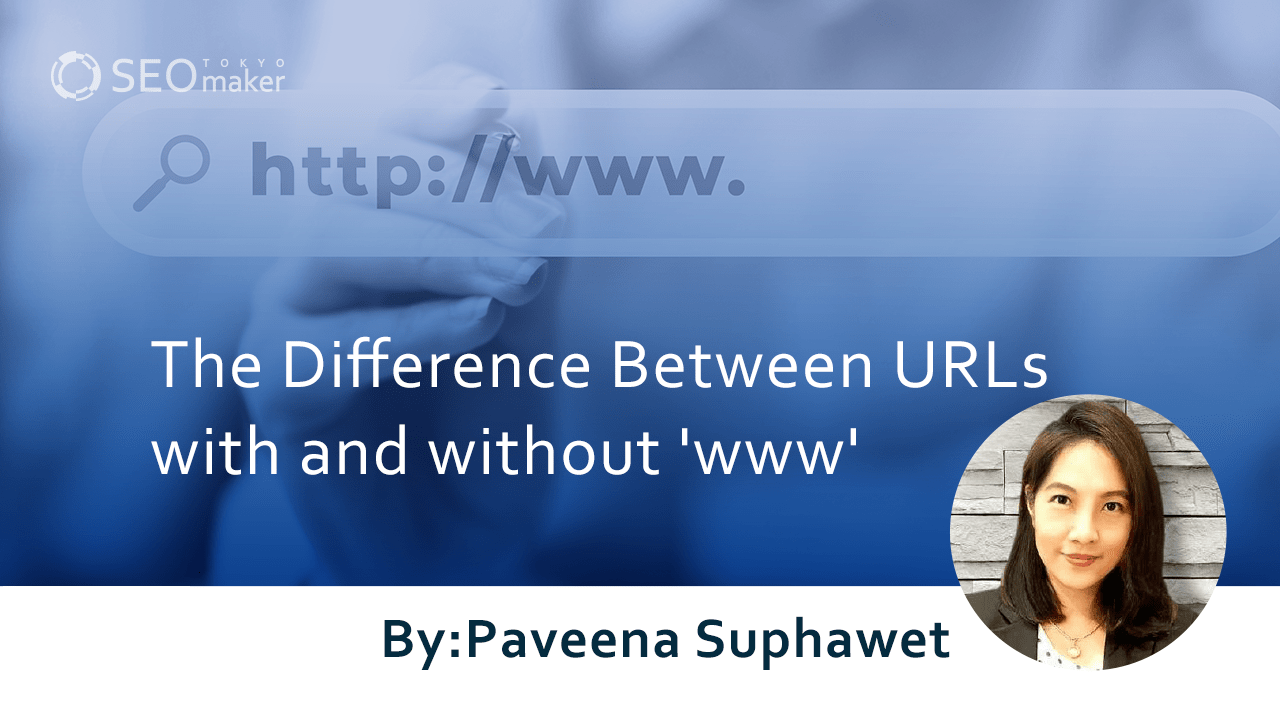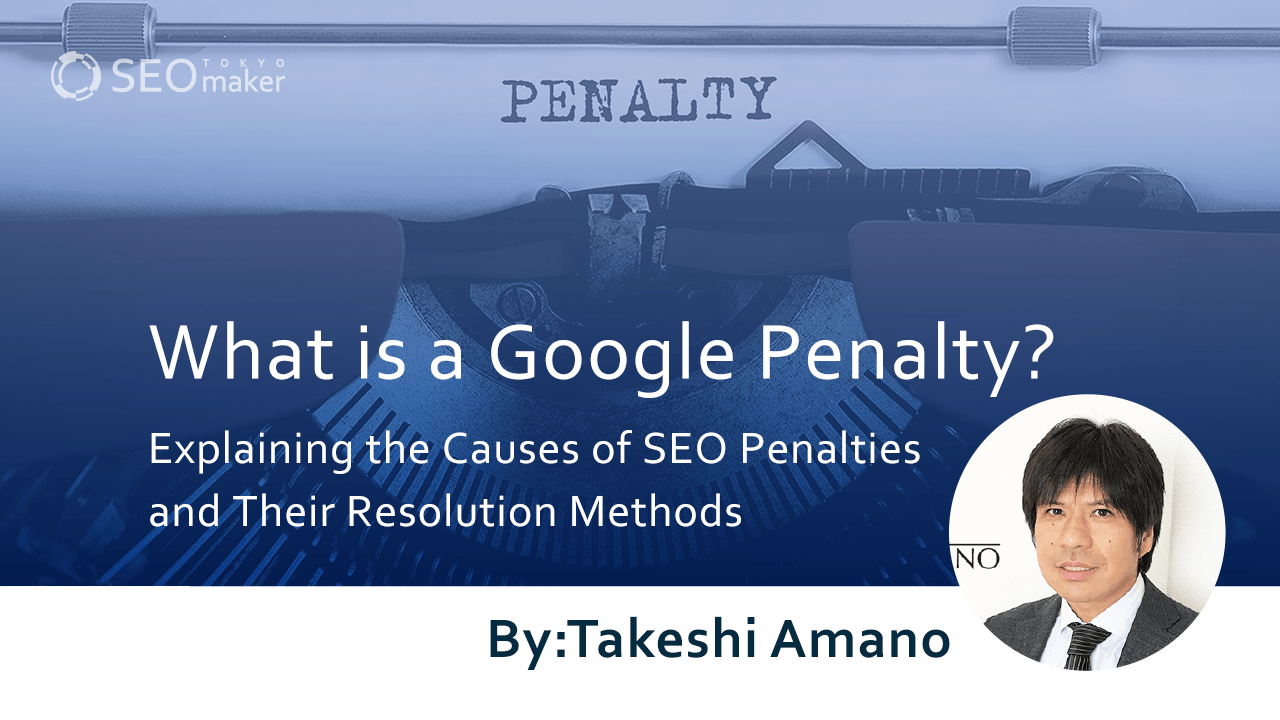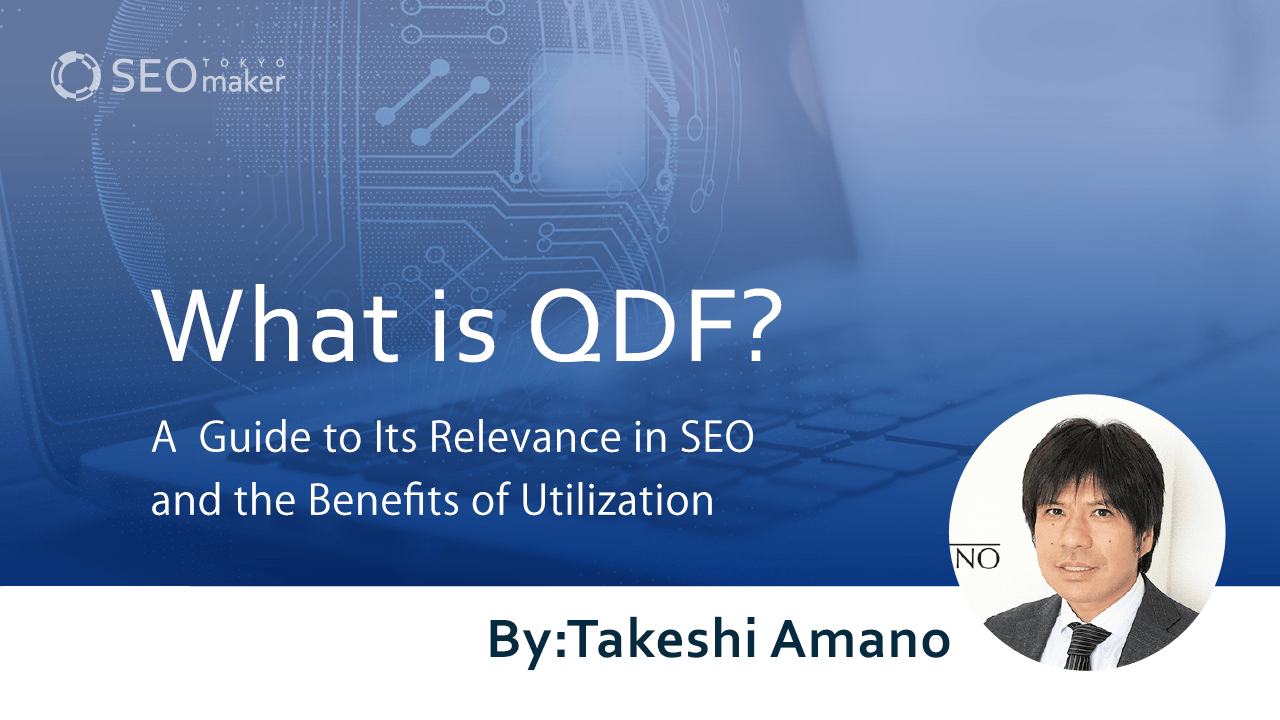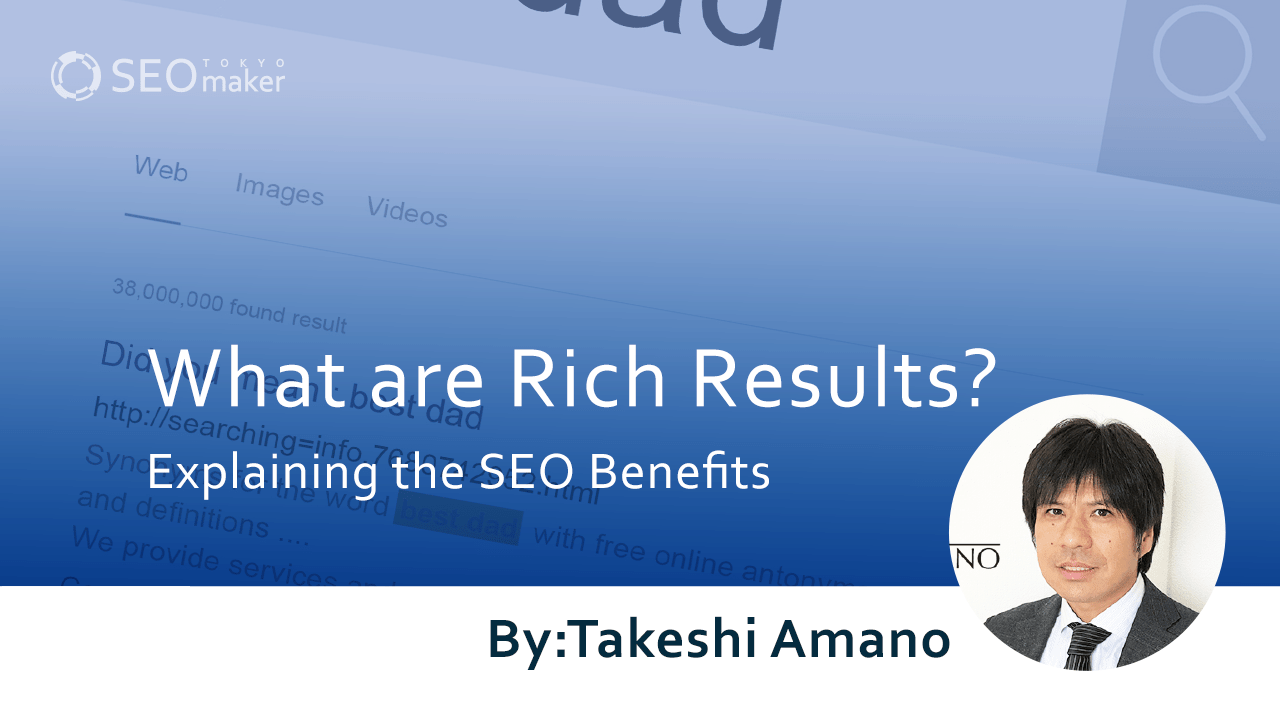The Difference Between URLs with and without ‘www’
contents

When deciding on a website’s URL, a common topic of discussion is whether to include ‘www’. This decision is significant for webmasters.Many web administrators wonder about the impact of using ‘www’ in URLs on SEO.
This article explains the relationship between URLs with and without ‘www’ and their SEO implications.
What is ‘www’?
‘www’ stands for World Wide Web site, symbolizing the internet itself. It combines with a domain to form an internet address. ‘www’ represents the hostname, specifying the server to connect to. A domain follows the protocol (like https://) in a URL, such as:
- ○○.com
- ○○.jp
- ○○.net
‘www’ serves as a hostname indicating a web server, but as modern websites are inherently on the internet, naked domains or Apex domains without ‘www’ have become common.
Naked or Apex domains refer to domains without a hostname like ‘www’, also known as Zone Apex.
Currently, there’s no particular meaning to adding ‘www’ to a domain; it’s more of a habit.
Origin and History of ‘www’
The ‘www’ part of URLs, like https://www.example.com, was introduced by Tim Berners-Lee, the father of the Web.
Working at CERN, a renowned research institution in Switzerland, Berners-Lee was tasked with developing a system to streamline access to researchers’ information and data. He planned and implemented a system linking documents and data on a single computer, naming it the World Wide Web (WWW).
The world’s first website, launched by Berners-Lee on August 6, 1991, did not include ‘www’ in its address, though it was later changed to include it.
Nowadays, websites are accessible without ‘www’, leading many to opt for URLs without it.
Reference page: The birth of the Web – CERN
Differences Between URLs with and without ‘www’
There’s no decisive difference between URLs with and without ‘www’, nor can one be deemed superior. The choice depends on personal or company preference, but each option has its advantages:
Advantages of URLs with ‘www’
- Recognized as URLs even without a protocol (like https://)
- Widely recognized by the public as website URLs
- Used by major sites like Google and Yahoo!, creating a positive impression
Advantages of URLs without ‘www’
- Shorter, making them easier to remember for users
- Easier to type on smartphones
These advantages are aesthetic and not decisive. However, the appearance of a URL is important for memorability. It’s recommended to understand these points before deciding on your URL structure.
SEO Impact of URLs with and without ‘www’
The presence or absence of ‘www’ does not affect SEO. There’s no advantage in domain power, and the difference lies only in user perception. If one were stronger for SEO, all websites worldwide would unify under the stronger domain. The coexistence of both types indicates that neither has an impact on SEO.
Why URLs with and without ‘www’ Should Be Unified
While neither option impacts SEO, operating the same website with both can dilute SEO effectiveness. If both ‘www’ and non-‘www’ pages exist, the site’s evaluation, which could be 100%, gets split into 50% for each. This can waste previous SEO efforts.
Separate indexing can lead to being treated as duplicate content by Google, lowering site evaluation and ranking. Therefore, unification is necessary from an SEO perspective, not because it strengthens SEO, but to ensure proper evaluation of SEO efforts.
Criteria for Deciding Between URLs with and without ‘www’
The decision to use ‘www’ is based on usability and preference.URLs without ‘www’ are shorter and easier to remember, reducing the effort for users to access the website. They also minimize typing errors, reducing user stress.
Conversely, using ‘www’ can convey a traditional URL appearance, and if preferred by web administrators, choosing a ‘www’-inclusive URL is acceptable.
Basic Methods for Unifying URLs with and without ‘www’
We have explained that from an SEO perspective, it’s advisable to unify URLs with and without ‘www’. There are three main methods to achieve this:
- Using 301 Redirects
- Using Canonical Tags
- Unification Method in Google Search Console Has Been Discontinued
Using 301 Redirects
This is a tool used when transitioning domains. Specifically, by writing modifications in the .htaccess file, you can unify the domain without lowering the website’s evaluation. This is because using a 301 redirect allows the transfer of the original website’s information to the new website. Therefore, it’s a safe and effective method for unification.
To unify the domain using a 301 redirect, you need to write the appropriate settings in the .htaccess file.
For unifying to a URL with ‘www’
RewriteEngine On
RewriteCond %{HTTP_HOST} ^○○ .com
RewriteRule ^(.*) http://www.○○.com/$1 [R=301,L]
For unifying to a URL without ‘www’
RewriteEngine On
RewriteCond %{HTTP_HOST} ^www\.○○ .com
RewriteRule ^(.*) http://○○.com/$1 [R=301,L]
After entering this in .htaccess, upload and check if the modification is correctly implemented.
Using Canonical Tags
n cases where hosting or rental servers do not allow the use of .htaccess, and 301 redirects are not possible, canonical tags can be a solution.
Canonical tags consolidate the SEO evaluation of similar or duplicate pages into one. Although different from a 301 redirect in unifying domains, canonical tags can still unify evaluations.
The method involves inserting the canonical tag in the <head> tag of the main page or both pages if they are duplicates.
However, incorrect settings of canonical tags can lead to the main page not being indexed, so use them with caution.
Unification Method in Google Search Console Has Been Discontinued
Google Search Console, a tool for analyzing internet searches, previously allowed easy domain unification. However, the new Google Search Console seems to have discontinued the feature for unifying URLs with and without ‘www’.
Considerations When Setting URLs with and without ‘www’
Whether you choose URLs with or without ‘www’, it does not impact SEO. However, if both types of URLs exist, they can be seen as duplicate content, negatively affecting SEO.
The methods for unification are as mentioned above, but incorrect settings can worsen the website’s credibility compared to before the improvements.
- The URL might not be indexed
- A drastic reduction in access numbers
- Loss of backlinks
Thus, unifying URLs involves risks. It’s ideal to prevent URL duplication from the website’s creation, but if duplication is found, proceed with utmost care.
Frequently Asked Questions About URLs with and without ‘www’
Here, we address common questions regarding the presence or absence of ‘www’ in URLs.
Q: Is a URL without ‘www’ advantageous for SEO?
A: While URLs without ‘www’ are shorter and easier to remember, making them user-friendly, they do not offer a direct SEO advantage. However, if URL normalization is not done, and the same content is displayed for both ‘www’ and non-‘www’ URLs, it can negatively impact SEO.
Q: Which is preferable, URLs with or without ‘www’?
A: The preference for URLs with or without ‘www’ depends on the nature, purpose, and preference of the website. Consider factors like usability, brand image, and URL normalization when choosing the suitable option for your company.
Q: Can a layperson unify URLs with and without ‘www’?
A: Unifying URLs with and without ‘www’ requires some knowledge and skill but is feasible for a layperson. Necessary tasks include checking the current URL situation, normalizing URLs, and modifying links within the website. Depending on the website’s scale, normalization can become complex. Therefore, even if a layperson undertakes this task, they should acquire appropriate knowledge beforehand. If unsure, consulting an expert is recommended.
Q: Is it possible to change the choice between URLs with and without ‘www’ after normalization?
A: It is possible to change the choice between URLs with and without ‘www’ after normalization. However, changing them can affect links to the normalized URL and updates to pages indexed by search engines. Therefore, make a careful decision at the initial stage to avoid such changes.
summary
In summary, whether URLs have ‘www’ or not, there are no disadvantages. However, if both types of URLs exist, it can negatively impact SEO, necessitating unification. There are several methods for unification, but incorrect operations can pose risks to the website. Therefore, proceed with caution when unifying URLs. For a detailed explanation, refer to the guide on domain and URL normalization methods (redirect and canonical settings) and their expected SEO effects.





















